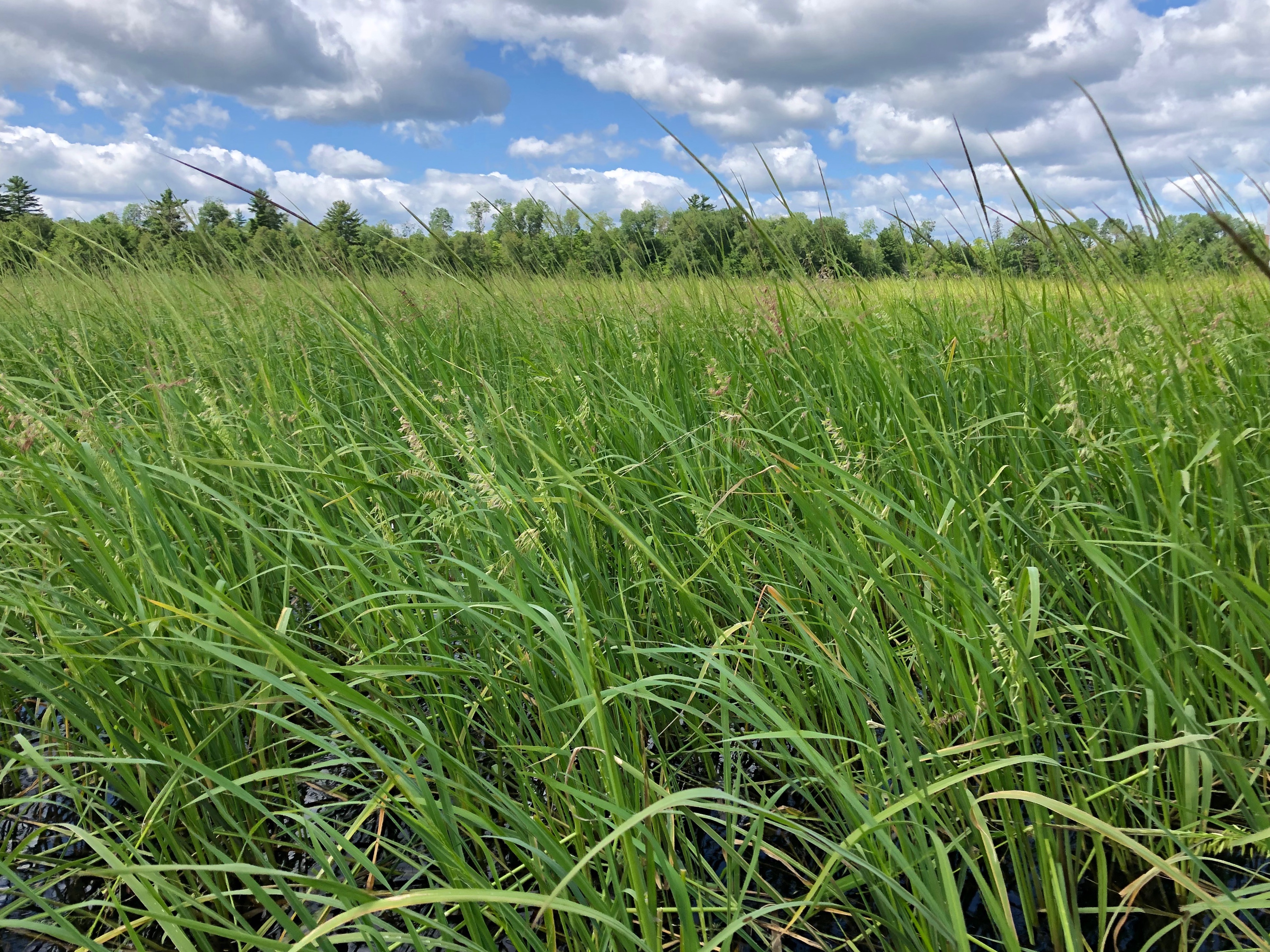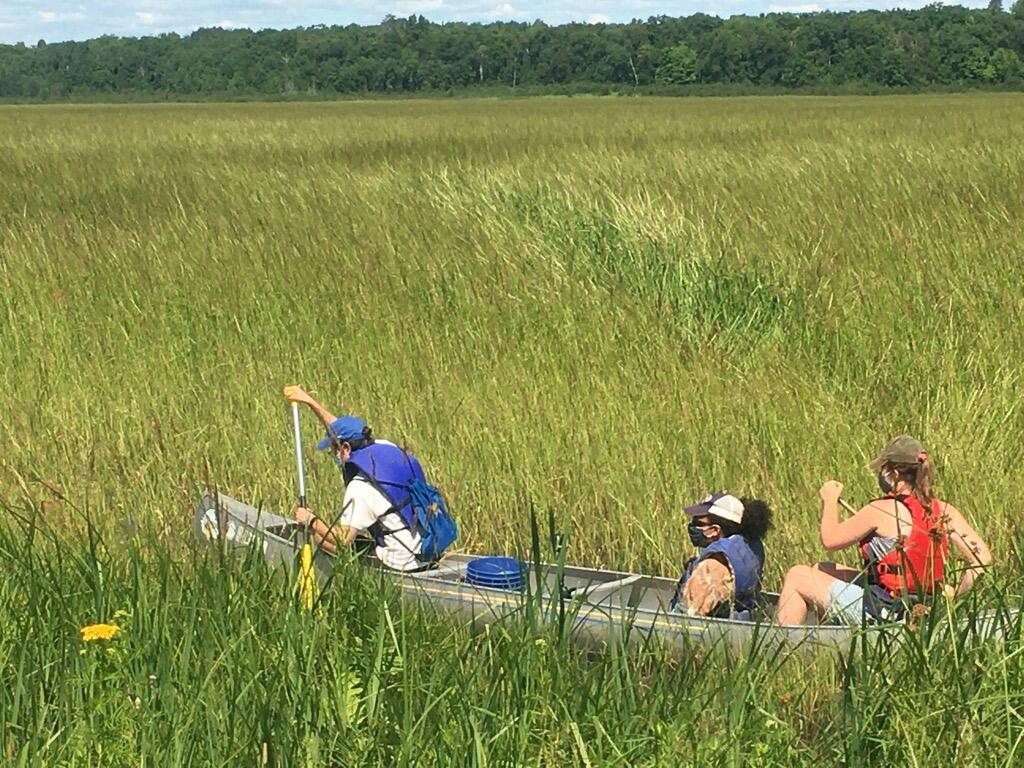Manoomin (Ojibwe) or Psiη (Dakota) (wild rice, Zizania palustris)is an aquatic grass with highly nutritious grains that has long grown in shallow waterways throughout the Great Lakes region. To the Ojibwe tribes across the region it is a sacred food, medicine, and gift from the Creator, which they have stewarded, hand-harvested, and processed for millennia. Manoomin is also a highly sensitive species. Its range and abundance have been in decline because of multiple stressors including disturbed hydrology, nutrient loads, land use change and climate change. It is nearly gone in Michigan, and an estimated one-third of Manoomin stands have disappeared across Wisconsin and Minnesota. In addition, tribal resource managers are concerned about declines in harvesting. Harvesting among non-tribal, Minnesota permit holders has decreased dramatically from more than 16,000 permit holders in the 1960s to around 1,500 today.

